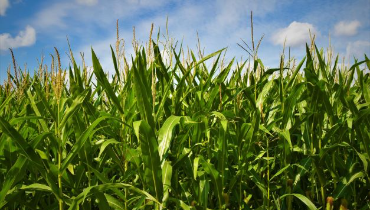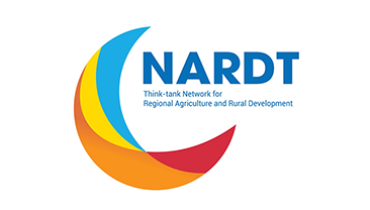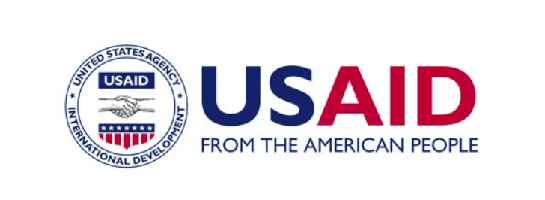Policy Preference Analysis of Agri-Food System Stakeholders in the Mekong Subregion

This two-year project builds upon previous PRCI initiatives in Southeast Asia, addressing the urgent need for advanced economic policy analysis skills in the Mekong subregion's agri-food system, which includes Thailand, Laos, Cambodia, and Vietnam. The project aims to bridge the expertise gap identified by regional partners and boost research capacity in policy preference analysis.
The first year will concentrate on targeted training, knowledge sharing, and mentorship, supporting researchers in proposal writing, data collection, and paper drafting. This groundwork will set the stage for robust policy communication and dissemination in the second year. Expected outcomes include high quality research publications and policy briefs that effectively tackle specific regional challenges.
Project Objective
1. Collaborate with value chain stakeholders and policymakers in the Mekong subregion, specifically in Thailand, Laos, Cambodia, and Vietnam, to identify key challenges and areas for improvement within the agricultural and food system.
2. Conduct targeted training sessions for PRCI researchers in the Mekong subregion, focusing on the application of economic tools to analyze policy preferences in the agriculture and food sectors, as identified in Objective 1.
3. Offer mentorship to PRCI researchers in the Mekong subregion to enhance their research skills and produce high-quality, publishable findings on agri-food policy preferences.
4. Involve community leaders and stakeholders throughout the research and dissemination process to ensure the effective communication of research evidence and its impact on local and regional policy decisions.
Other Projects

Cambodia Gender and Inclusive Development Analysis...
This study aims to fill this gap in research by conducting a Gender and Inclusive Development Analysis (GIDA) combining qualitative and quan...

Cambodia's Agri-Food Trade: Structure, Challenges,...
From the early 1990s, Cambodia’s agricultural food trade was seen as exports of raw materials and unprocessed primary commodities to neighbo...

Network for Agriculture and Rural Development Thin...
The Network of Agriculture and Rural Development Think-tanks (NARDT) project is designed to form a consortium with flexible cooperation mech...

On-farm Food Safety in Horticulture in Cambodia: T...
Despite being an agrarian economy, Cambodia imported vegetables approximately 70 percent of the total domestic consumption because the com...








